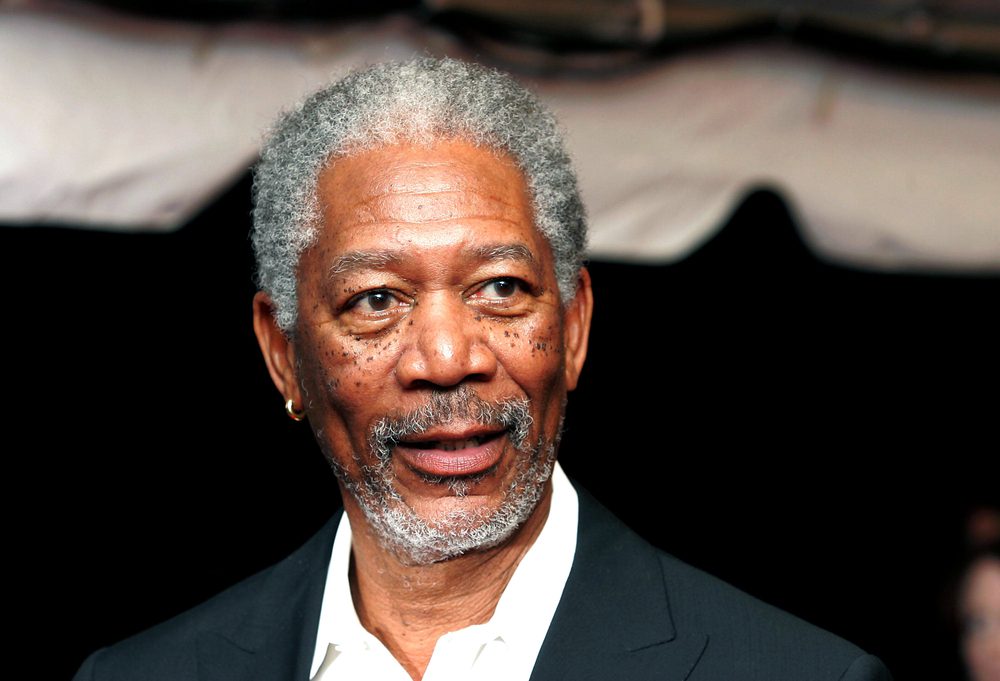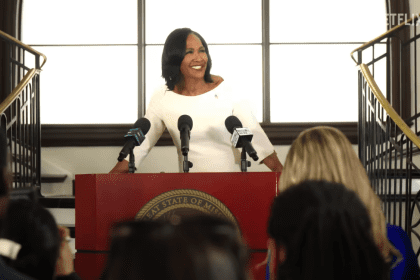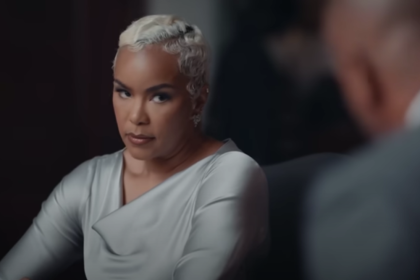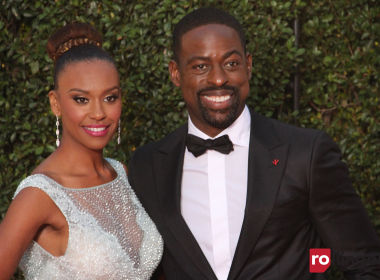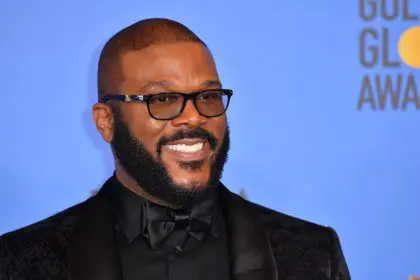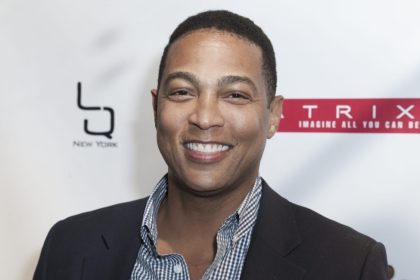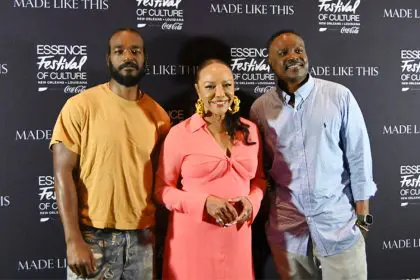Morgan Freeman, celebrated for his distinctive voice and acclaimed acting career, recently found himself at the center of a controversy during a resurfaced interview on “Jimmy Kimmel Live!” from March 2016. The interview sparked a backlash due to Kimmel’s questioning about the origins of Freeman’s eloquent speech, which many perceived as condescending.
During the interview, Kimmel inquired, “Where did you learn to speak so beautifully? Is it something that you worked on or just from your family?” Freeman responded with visible confusion, “I don’t even know what you mean.” He later explained that his articulate speaking skills were honed under a voice and diction instructor at Los Angeles City College, emphasizing the professional training he underwent to refine his voice.
The clip, which resurfaced on social media, led to widespread criticism of Kimmel’s approach, with some fans questioning if such a query would be posed similarly to a white guest. Comments ranged from accusations of condescension to outright offense, highlighting the racial undertones perceived in Kimmel’s questioning.
Freeman’s voice, recognized globally, has been a significant part of his identity, contributing to roles that range from narrating documentaries to playing God in film. His voice was even featured in the navigation app Waze as part of a promotional campaign for the movie London Has Fallen.
This incident is not the first time Freeman’s voice has been a topic of discussion. In past interviews, he has credited his voice coach for helping him overcome a high and very thick Southern accent from his upbringing in Mississippi, dispelling the myth that his voice was a natural gift.
The controversy underscores ongoing conversations about race and how questions framed to public figures can perpetuate stereotypes or biases, even if unintentionally. It serves as a reminder of the scrutiny public figures endure and the complex dynamics of celebrity interviews.

